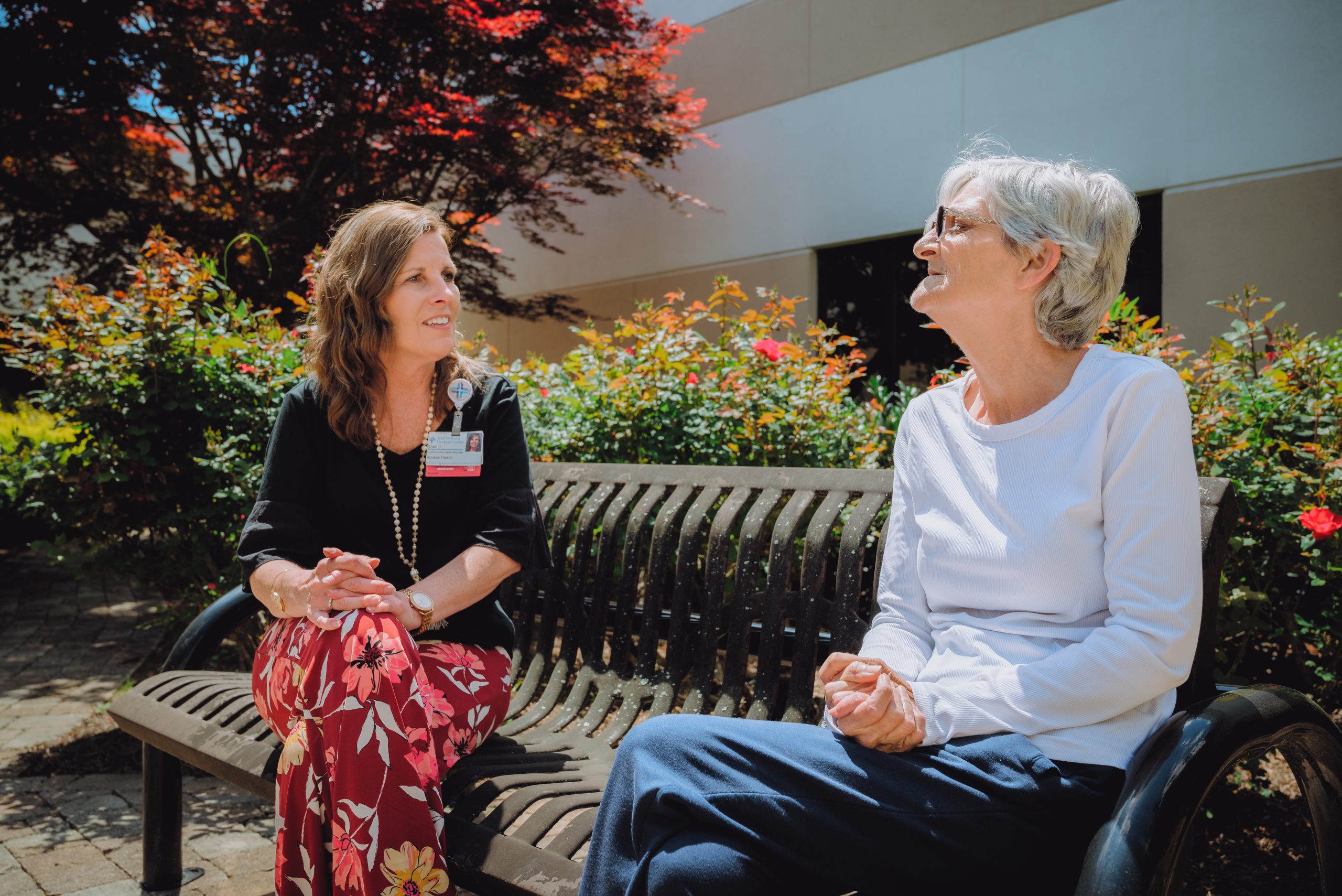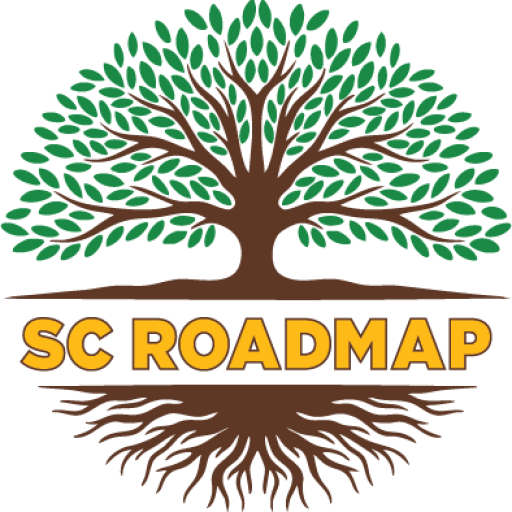
Why SC Roadmap?
In South Carolina, many people and organizations are addressing basic needs in their communities like stable housing, healthy food, reliable transportation, and safe neighborhoods. These community conditions shape our well-being and our ability to achieve good health. Addressing these conditions requires alignment across sectors such as healthcare, public health, education, nonprofits, faith, business, and government. The SC Roadmap is a collaborative effort to understand and address these conditions in SC.
